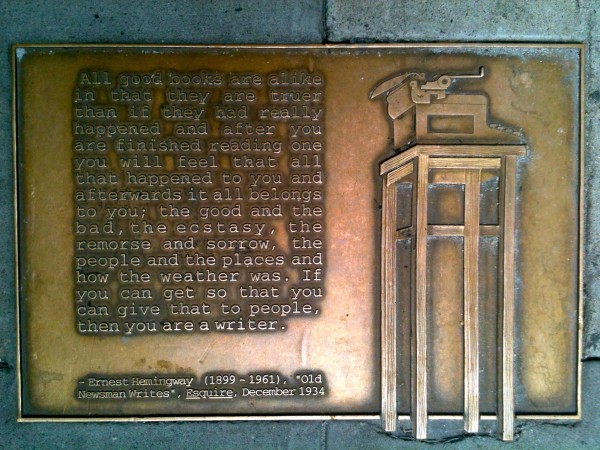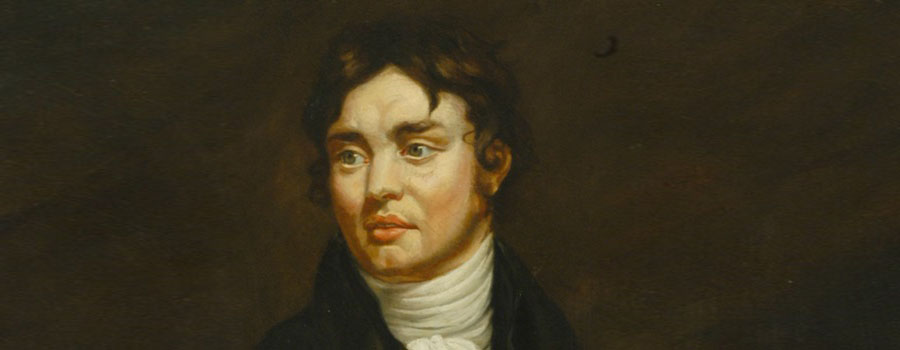“You have to have an idea of what you are going to do, but it should be a vague idea.”
— Pablo Picasso
Official website of the author
“You have to have an idea of what you are going to do, but it should be a vague idea.”
— Pablo Picasso
You see I’m trying in all my stories to get the feeling of the actual life across — not just depict life — or criticize it — but to actually make it alive. So that when you read something by me you actually experience the thing.
Hemingway, age 25, letter to his father, March 1925
To follow literary fashion, to write for money, to censor your true feelings and thoughts or adopt ideas because they’re popular requires a writer to suppress the very promptings that got him or her writing in the first place. When you started writing, in high school or college, it wasn’t out of a wish to be published, or to be successful, or even to win a lovely award like the one you’re receiving tonight. It was in response to the wondrousness and humiliation of being alive. Remember?
Jeffrey Eugenides’ speech to the winners of the 2012 Whiting Award — wonderful advice to young writers (and not-so-young writers) on the hazards of success. Well worth your time.

This is from a series of lovely plaques set into the sidewalk pavement on 41st Street leading up to the New York Public Library. Each includes a brief quote, some inspirational, some about books and reading. It took me twenty minutes to go two blocks. I love, also, that this plaque includes Hemingway’s standing desk (though it is rendered with an Escher-esque perspective error on the right rear leg, which is shown in front of the side brace rather than behind it). The plaque reads:
All good books are alike in that they are truer than if they had really happened and after you are finished reading one you will feel that all that happened to you and afterwards it all belongs to you; the good and the bad, the ecstasy, the remorse and sorrow, the people and the places and how the weather was. If you can get so that you can give that to people, then you are a writer.
— Ernest Hemingway (1899-1961), “Old Newsman Writes,” Esquire, December 1934

“Yesterday was my Birth Day,” Coleridge wrote in his notebook in 1804, when he was thirty-two. “So completely has a whole year passed, with scarcely the fruits of a month. —O Sorrow and Shame…. I have done nothing!”
In a 2004 piece in the New Yorker, Joan Acocella considers writers block. Why exactly do writers stop writing? (Pictured: Samuel Taylor Coleridge, one of the first known sufferers of writers block, a condition that does not seem to have existed, as such, before the early 19th century.)
It is as good as I had power to make it — by myself. Had I been nervous about its being a perfect piece, and with that view asked advice, and trembled over every page, it would not have been written; for it is not in my nature to fumble — I will write independently. — I have written independently without Judgment. I may write independently, and with Judgment, hereafter. The Genius of Poetry must work out its own salvation in a man: It cannot be matured by law and precept, but by sensation and watchfulness in itself — that which is creative must create itself — In Endymion, I leaped headlong into the sea, and thereby have become better acquainted with the Soundings, the quicksands, and the rocks, than if I had stayed upon the green shore, and piped a silly pipe, and took tea and comfortable advice. I was never afraid of failure; for I would sooner fail than not be among the greatest.
John Keats, in an 1818 letter to his publisher, responding to critics of his poem “Endymion” (punctuation as in original)
I work slowly; it’s always difficult — it’s nearly always difficult. I’ve been writing steadily, really, since I was twenty years old, and now I’m eighty-one. My routine now is to get up in the morning, have some coffee, start to write. And then a little later on, I might take a break and have something to eat and go on writing. The serious writing is done in the morning. I don’t think I can use a lot of time in the beginning; I maybe can only do about three hours. I do rewrite a lot, and I rewrite and then I think it’s all done, and I send it in. And then I want to rewrite it some more. Sometimes it seems to me that a couple of words are so important that I’ll ask for the book back so that I can put them in.